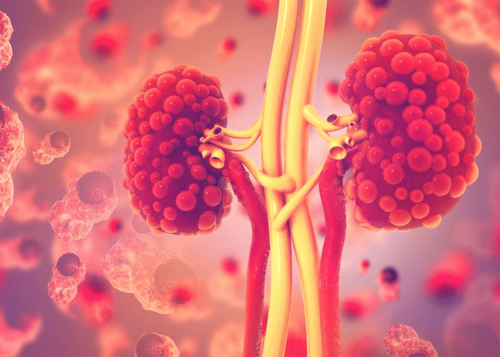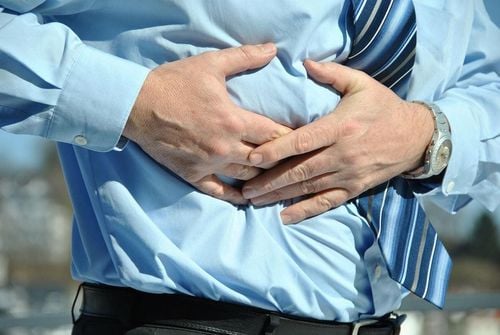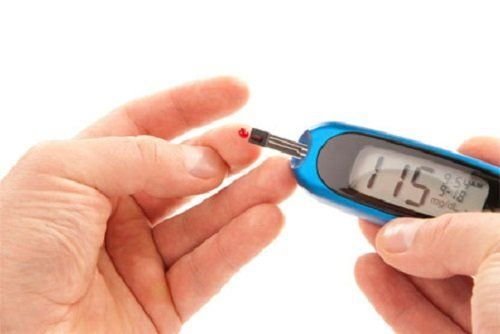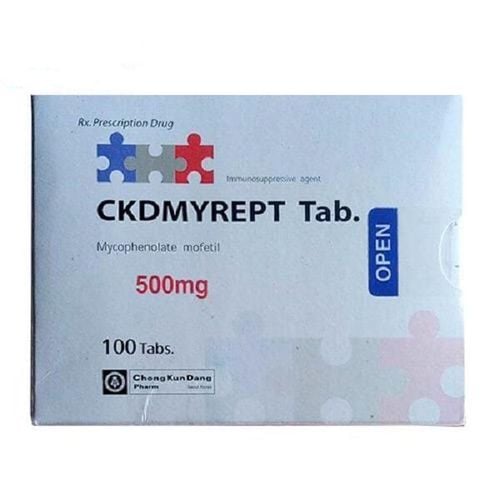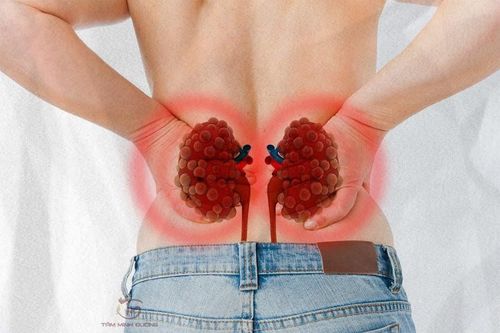This is an automatically translated article.
A kidney transplant is a surgical procedure where a healthy kidney is removed from a donor and transplanted into the recipient's body. Kidney transplantation is usually classified into 2 cases corresponding to a deceased donor or a living donor.1. What is the method of kidney transplant?
A kidney transplant is not the removal of a diseased kidney and the transplant of a new kidney in the same place. In essence, a kidney transplant is the removal of a kidney from a healthy person or a healthy kidney from a brain-dead person for transplantation.The most favorable place to place a new kidney is usually the right iliac fossa (or left side), the grafted renal artery and vein will be connected to the ipsilateral iliac artery and vein, the transplanted kidney ureter will be sutured to the bladder. Only one or two pathological kidneys are removed in some special cases (polycystic kidney too large, kidney disease with severe chronic inflammation, severe renal artery stenosis). A person can receive multiple kidney transplants, if in case the transplanted kidney fails.

Một người có thể được ghép thận được nhiều lần, nếu trong trường hợp thận ghép bị hỏng
2. Possible health problems after a kidney transplant?
2.1 Rejection Rejection can be prevented with medication and a proper diet, but most importantly you need to watch for signs of rejection, such as fever or pain in the organs. areas of new or changed urine output. If you notice a change in any of the above, tell your doctor right away.Even if you have done everything according to your doctor's instructions, your body may still reject the new kidney and need to go back to hemodialysis.
2.2 Immunosuppressive drug side effects Immunosuppressive drugs can weaken the patient's immune system, leading to infection. Some drugs can also change the appearance of a person. The face may be fuller; You may gain weight or develop acne or facial hair. However, not all patients who take the drug experience these side effects, and a proper diet can help reduce side effects.
Immunosuppressants work by reducing the ability of immune cells to function. In some patients, in the long run, a weakened immune system can increase the risk of cancer. Some immunosuppressive drugs cause cataracts, diabetes, excess stomach acid, high blood pressure, and bone diseases. When used for a long time, these drugs can also cause liver or kidney damage, especially kidney failure in some patients.
2.3 New-onset diabetes after transplantation is a new type of diabetes that occurs after a transplant that the patient did not have before. It is possible that this is a side effect of anti-rejection drugs. Patients should have their blood sugar tested regularly during their follow-up visits and your doctor will have a plan to monitor your blood sugar. If the patient has diabetes, it is necessary to:
Adjust the reduced-carb diet; Exercise in moderation (as directed by your doctor); Use blood sugar-lowering drugs. In particular, after performing a kidney transplant, the function of the kidney cannot be as it was before, so there is a high risk of kidney failure. Therefore, patients should have kidney function tests if kidney abnormalities are suspected.
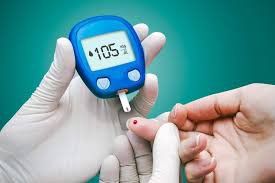
Tiểu đường mới xuất hiện sau ghép
This is a new biomarker that reflects the serious condition of the tubule before there are signs on the tissue from which, the doctor can promptly treat With this L-FABP technique, the patient only needs to take water Primary test at any time of the day, accurate results will be available after 30 minutes.
Please dial HOTLINE for more information or register for an appointment HERE. Download MyVinmec app to make appointments faster and to manage your bookings easily.




